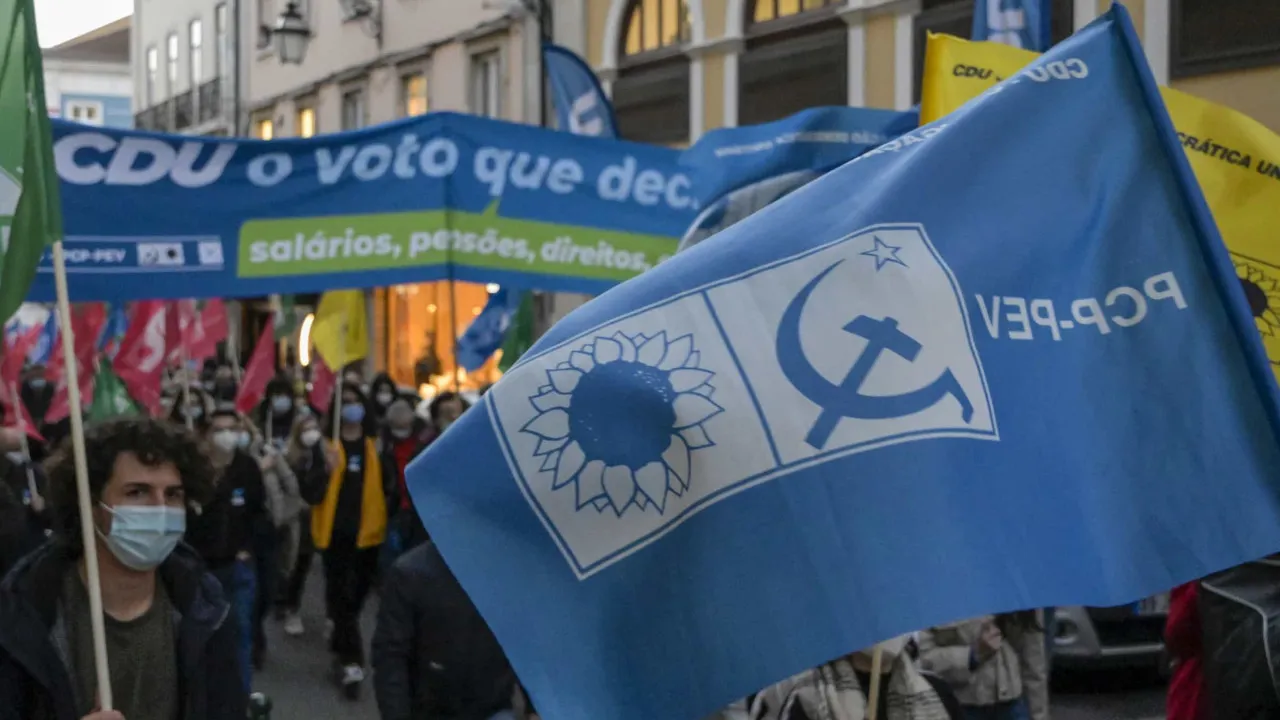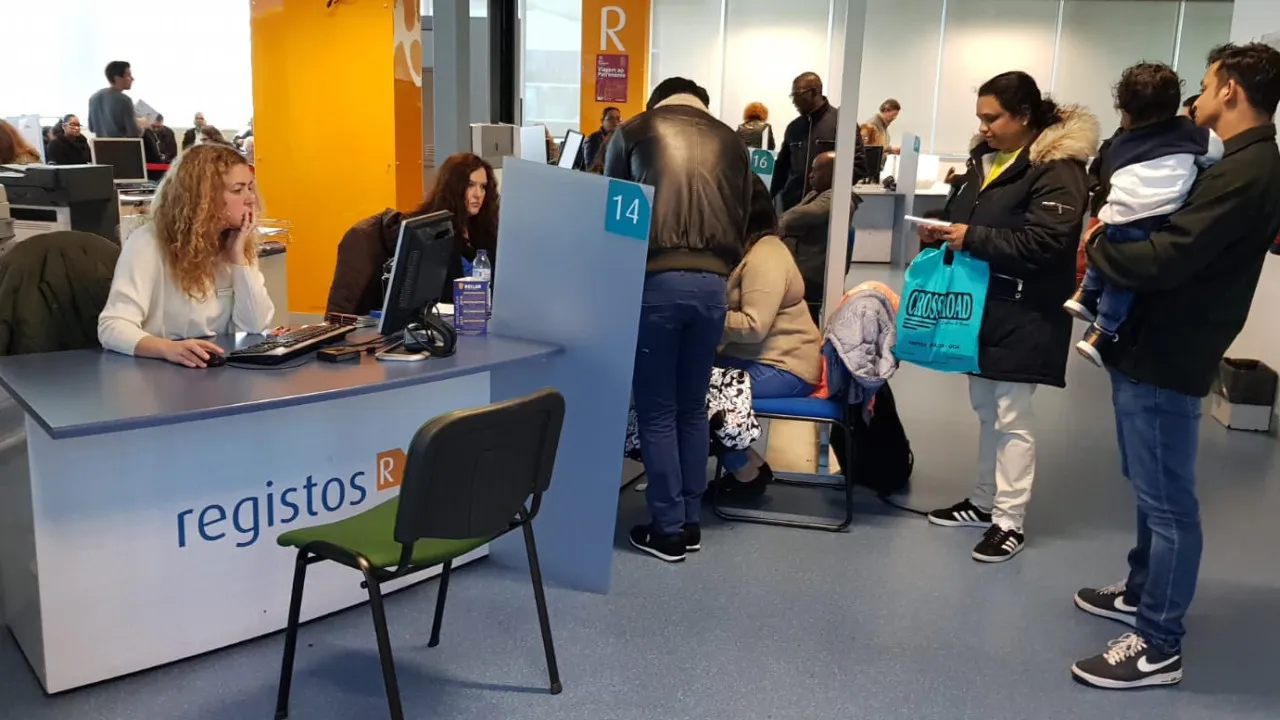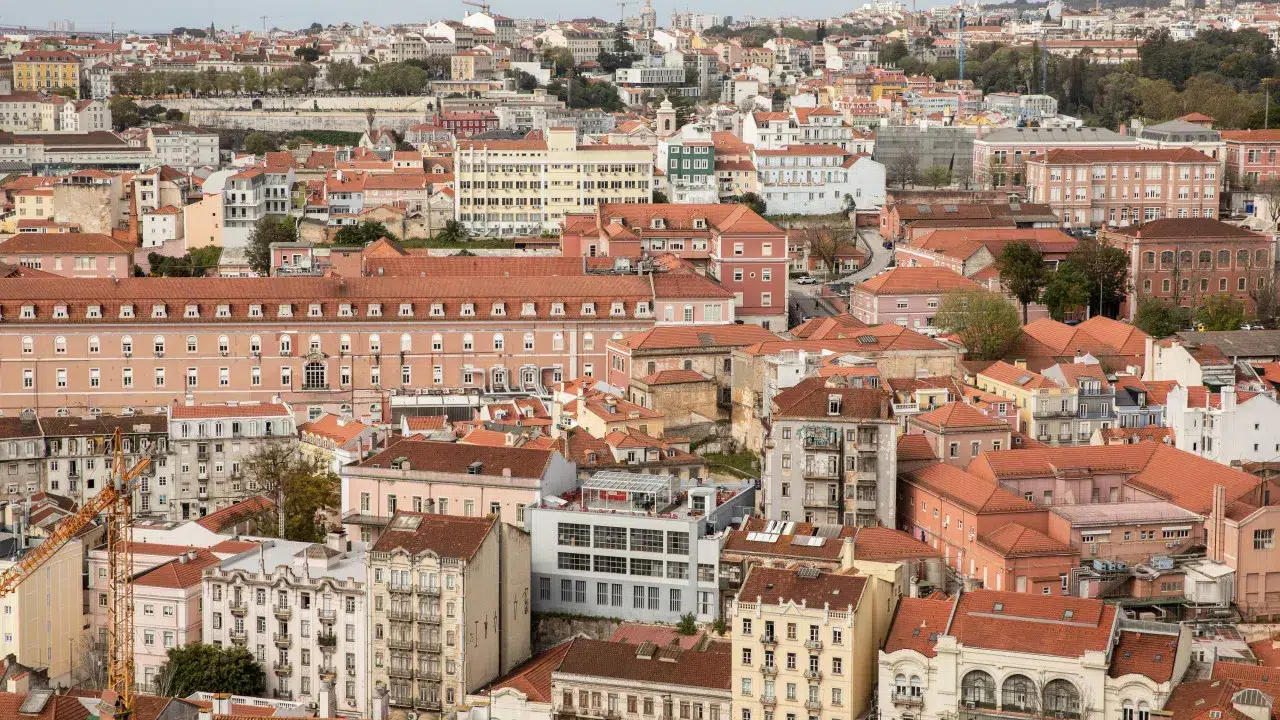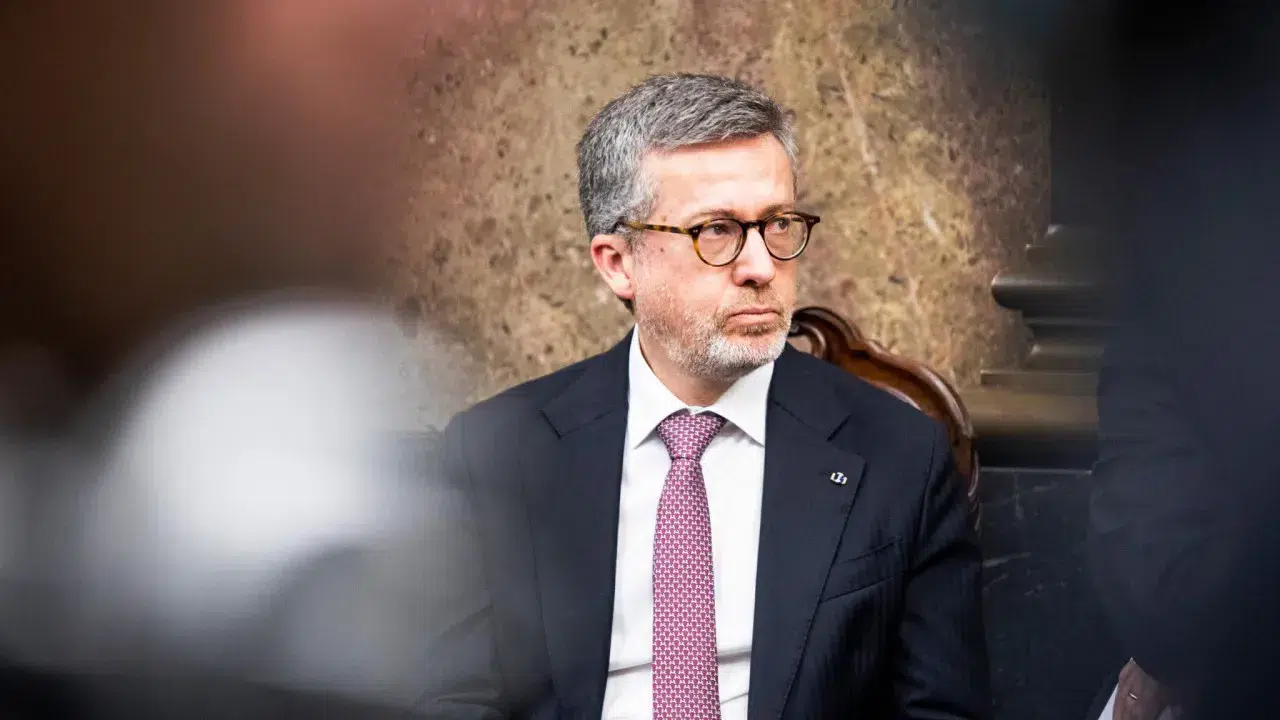
In the last municipal elections in 2021, the CDU ran in 305 municipalities, with three exceptions in the autonomous region of the Azores, and secured 19 municipalities. This marked a historic low for a coalition that, at its peak in 1982, governed 55 municipalities.
Compared to 2017, the CDU lost five municipalities, including Loures and strongholds in the south, such as Mora, Montemor-o-Novo, and Moita, where it had governed since 1976.
Four years later, the CDU plans to contest all 308 municipalities in the country, consistently within the coalition framework integrated by the PCP and PEV. The aim is to “confirm, consolidate, and strengthen” the current number of municipalities, as stated by Jorge Cordeiro, a member of the Political Commission and Secretariat of the PCP Central Committee.
“We have no defined quantification. Our aim is not just to consolidate the positions we hold, but to expand them to other municipalities,” he expressed, confident that the populations will “recognize the difference and advantage of having a CDU municipal administration.”
The CDU’s goals include recovering municipalities lost in 2021, such as Loures or Moita, both of which were won by the PS by narrow margins of around two thousand votes, while maintaining the same number of councilors as the socialists.
However, the CDU faces specific challenges in at least 12 of the 19 municipalities it currently governs, notably in Setúbal, which the CDU has governed since 2001, and where it will now face competition from one of its former mayors.
Maria das Dores Meira, who led the Municipality of Setúbal from 2009 to 2021 as a CDU candidate, announced her departure from the PCP and launched an independent candidacy for the municipality, backed by the PSD. This development might divide the coalition’s electorate as Andre Martins, president of the municipality since 2021, seeks re-election.
Besides this specific case, the CDU must contend with the fact that, in 11 of the 19 municipalities it governs, current presidents cannot run again due to reaching the limit of three consecutive terms.
This includes Carlos Pinto Sá, who has governed the Municipality of Évora since 2013, and will be replaced as the CDU’s lead candidate by PCP MEP João Oliveira, as well as mayors from Palmela, Benavente, Grândola, and Silves.
To Lusa, Jorge Cordeiro acknowledged “the role and weight” that each mayor holds in their respective municipalities but noted that the CDU has previously faced elections where a greater number of lead candidates had to be changed and still emerged strengthened.
Such was the case in 2013 when the CDU governed 28 municipalities and had to replace candidates in 12 due to term limits. Despite these changes, the coalition managed to increase its number of municipalities, eventually winning 34.
Another potential challenge for the CDU is the electoral growth of Chega, which in the last legislative elections became the first or second political force in several areas currently governed by the CDU, such as Palmela, Serpa, and Silves.
Jorge Cordeiro emphasized to Lusa that “there is nothing in Chega’s municipal journey that legitimizes the idea that they can constitute an alternative,” downplaying the possible threat they may pose to the CDU.
“As long as elections remain focused on their local nature, this idea becomes more limited. We do not condition ourselves or determine ourselves by this,” he assured.




